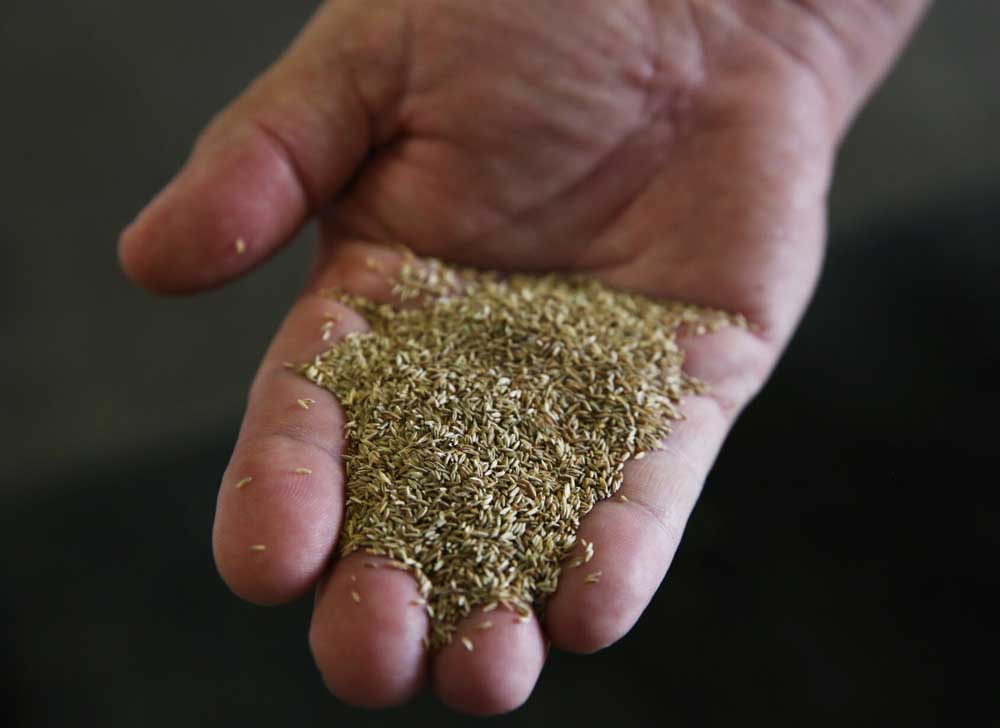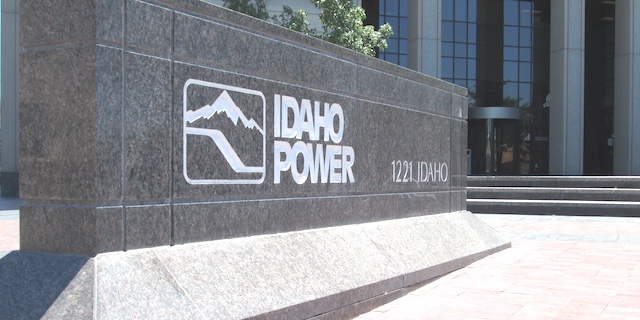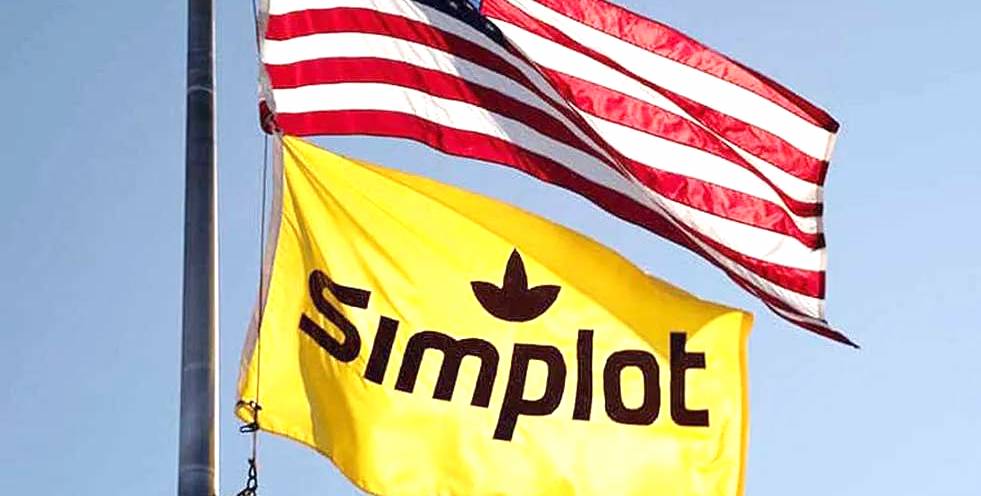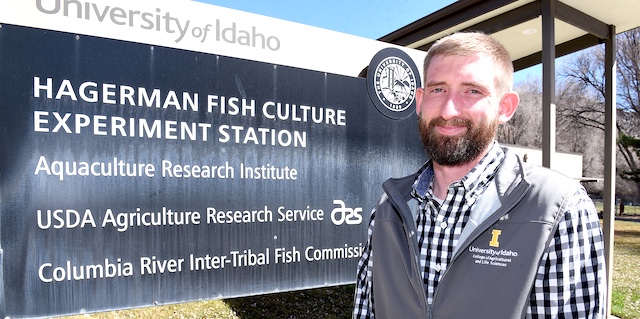Coronavirus assistance program includes all grass seed
Published 1:15 pm Friday, September 3, 2021

- The USDA has updated its Coronavirus Food Assistance Program, or CFAP, adding growers of Kentucky bluegrass seed to the list of eligible recipients for financial aid.
WASHINGTON, D.C. — Add Kentucky bluegrass seed to the list of eligible commodities under the USDA’s Coronavirus Food Assistance Program, or CFAP.
The agency announced on Aug. 24 it is updating the second round of CFAP payments to include Kentucky bluegrass seed, which was previously left out.
All types of grass seed are now included in CFAP 2, said Josh Hanning, acting Oregon state director of the Farm Service Agency.
Ninety percent of all Kentucky bluegrass seed in the U.S. comes from the Pacific Northwest. It is used primarily for turf grass and sod, and can be found growing in lawns, golf courses, sports fields and pastures across the country and worldwide.
On Jan. 15, the USDA Farm Service Agency announced that CFAP would cover turf and sod producers.
Kentucky bluegrass seed growers, however, were initially told they could not apply since the seed can be used for both sod and forage. The FSA had already decided that crops intended for grazing would not be considered.
Members of the Northwest congressional delegation intervened, sending a letter June 30 to Zach Ducheneaux, FSA administrator, urging him to reconsider Kentucky bluegrass seed.
The letter — signed by Rep. Cliff Bentz and Sens. Ron Wyden and Jeff Merkley of Oregon, as well as Reps. Mike Simpson, Russ Fulcher and Sens. James Risch and Mike Crapo of Idaho — argued that locally grown varieties of Kentucky bluegrass seed are bred, contracted and produced for the turf and sod industries, not for forage.
Seed breeders carefully select traits ideal for lawns that are mowed at a 1-2 inch height, and that require minimal water and pesticides to remain healthy, the lawmakers added.
“The grass grown from the Kentucky bluegrass seed our farmers produce was never contracted for or intended to be grazed or used for forage,” the letter underscores. “Therefore, we believe that FSA has made an honest error in finding bluegrass seed for turf and sod ineligible.”
The FSA ultimately agreed, adding Kentucky bluegrass seed to the list of eligible specialty crops that also includes fruits, honey, tree crops and vegetables.
“Over this past year, agricultural producers have been hit hard by drought as well as the coronavirus pandemic,” Bentz said in a statement. “This program provides vital assistance to farmers who experienced market disruptions in 2020 due to COVID-19.”
The USDA also announced changes in CFAP payments to contract producers of certain livestock and poultry, including broilers, pullets, layers, chicken eggs, turkeys, hogs and pigs, ducks, geese, pheasants and quail.
Payments for contract producers were to be based on a comparison of eligible revenue for the periods of Jan. 1, 2019 through Dec. 27, 2019, and those dates in 2020. Producers may instead elect to use revenue from the same period in 2018, as opposed to 2019, if they believe it is more representative.
Ducheneaux, the FSA administrator, said both adjustments were made after listening to feedback and concern from producers about gaps in pandemic assistance.
“The pandemic has had a tremendous impact on agricultural producers,” Ducheneaux said, “and we have made significant progress since announcing our plans in March. While additional pandemic assistance remains to be announced in the coming weeks, USDA is also ramping up its efforts to make investments in the food supply chain to Build Back Better.”
CFAP is one part of the USDA’s broader Pandemic Assistance for Producers initiative, which has provided approximately $7 billion in aid for farmers and ranchers since March.
Producers have until Oct. 12 to apply for CFAP funding, or modify their existing applications.
For a list of commodities that are eligible under the CFAP 2 program, go to farmers.gov/cfap2/commodities.






